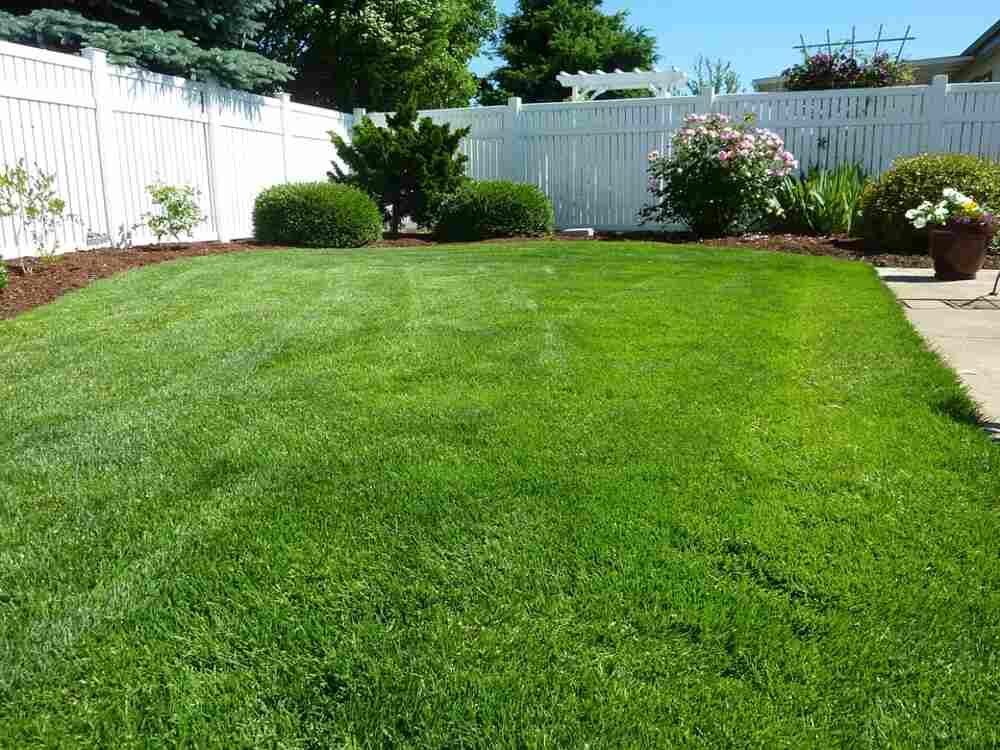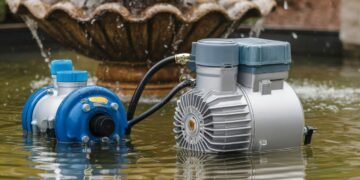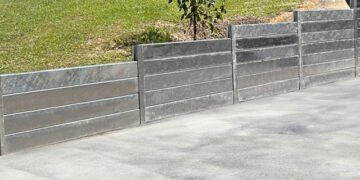Vinyl fences are getting increasingly popular due to their numerous distinguishing advantages over conventional wooden fences. For example, vinyl fencing is much more durable than wooden fencing and requires much less upkeep.
However, their porous surface makes wooden fences susceptible to problems, including paint flaking, mold, and dirt accumulation. Despite being significantly simpler to maintain, vinyl fencing occasionally needs to be cleaned to maintain its distinctively crisp white appearance.
Fortunately, with careful upkeep, vinyl fencing can keep its lovely appearance for decades. If you’ve been considering vinyl fencing, you can consult experts at Jax AA Fencing, they will always take the time to help you figure out the best solution for your needs and budget.
How to Overcome Vinyl Fencing Cleaning Challenges?
A practical substitute for conventional wooden fencing is vinyl fencing. It doesn’t rot and doesn’t require painting. Unfortunately, cleaning your vinyl siding and fencing can be difficult, but we’ve provided some helpful advice.
1. Regularly Wash the Vinyl Fence
Vinyl fences are often relatively easy to maintain. But if you want to keep the vinyl fences looking excellent, you should frequently wash them. Use a pressure washer or a hose to accomplish this.
This can be especially useful in the summer and winter when the weather might be quite harsh. Doing this can lessen the likelihood of mold and algae growth around the fence.
2. Remove All Traces of Mold and Mildew
Mold and mildew are two things that could ruin the appearance of your vinyl fence. Additionally, they might make the vinyl splotchy or eventually fragile, among other problems. Therefore, you should take the appropriate actions to remove mold and mildew from the vinyl fence to prevent this.
To get rid of them, use a scrub brush and some soap. Consider utilizing a pressure washer to help get rid of the mildew if it is deep-seated. You can occasionally use vinegar or bleach.
3. Cut Any Overhanging Tree or Plant Branches
Your vinyl may become scratched and dented by branches that hang over it from trees or other plants. They will appear tacky, and your vinyl will crack more easily. Trimming any overhanging branches would be a good idea to help avoid this before any harm could be done.
In addition to keeping the vinyl clean, it can assist in avoiding accidents. However, you should take the appropriate precautions to prevent your vinyl fence from falling due to overhanging trees.
4. Stick to a Regular Inspection Schedule
While little maintenance will restore vinyl, you should maintain a regular inspection routine. Early damage detection allows you to make repairs before they worsen.
It’s crucial to inspect vinyl fences in inclement weather frequently. If not repaired during inclement weather, the dents and scratches might quickly turn permanent.
5. Don’t Place Dirt and Gravel on the Vinyl Fence
Try your best not to lay soil or gravel directly on them if they are close to your vinyl fence. Some homeowners sprinkle tiny pebbles or stones on the fence to prevent children and animals from climbing the vinyl fence.
However, laying the gravel or soil directly on the vinyl fence may harm it. The vinyl may rip over time if dirt or gravel gets adhered to it. The vinyl may also get splotchy as a result of this.
6. Fix Any Damage Immediately
Always make repairs to any damage as soon as possible. This is because even minor wear might result in more serious issues. You should use a vinyl fence patch kit to repair any dents or scratches in the vinyl fence.
Although vinyl fence fix kits are inexpensive and simple to apply, you should still exercise caution. First, ensure you are using the proper equipment for the patch since exerting too much pressure on the patch will cause the vinyl to break.
Conclusion
Homeowners have always been drawn to vinyl fences. The finest fence option is vinyl since it doesn’t need painting, staining, or sanding and may last many years without rusting or decomposing.
Vinyl fence is a clear preference of property owners worldwide due to their simplicity in installation and cleaning, attractiveness, and all-weather durability. This does not, however, imply that you should ignore the maintenance aspect. Your vinyl fence can survive for several years if you do it correctly.














